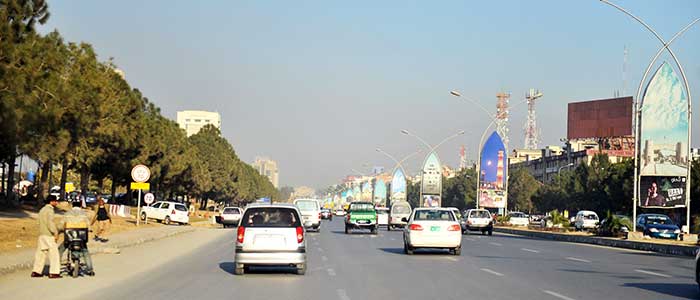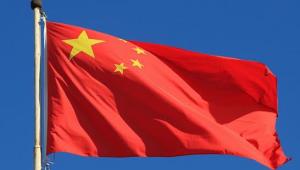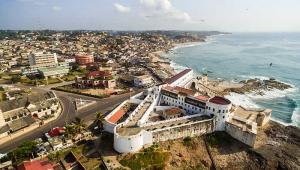Web_Islamabad_pakistan_236392390.jpg

Islamabad, Pakistan's capital city
The two institutions, as well as the UK’s Department for International Development, will fund a critical highway project in Pakistan.
Subject to board approval, the China-led AIIB looks set to contribute a $100m loan for the 64 kilometre stretch of road, alongside a $34m grant from DfID.
ADB president Takehiko Nakao said the agreement marks a “historic milestone for the AIIB and ADB” as the two work to meet the pressing infrastructure needs in Asia and the Pacific.
The two banks signed a memorandum of understanding to enable co-financing during the ADB’s annual meetings last month.
It was part of the AIIB’s campaign to secure cooperation deals with established institutions as the new bank secures a foothold in the development landscape after opening for business this year.
The bank had struggled to shake off its reputation as a competitor, after it had been viewed with suspicion from the US and its attempt to provide an alternative to traditional, western-dominated lending institutions had led to speculation around rivalry.
It stressed it wanted to act as a partner with existing institutions and its creation had been met with enthusiasm from its counterparts. It highlighted that it had secured similar deals with organisations including the World Bank and the European Bank for Reconstruction and Development.
The US was forced to accept the bank’s success after numerous countries it considered allies signed up to be shareholders, despite its pleas for them not to.
As well as having strategic value for Pakistan, supporting north-south connectivity, new trade and business opportunities that will boost jobs and cut poverty, the road is an integral part of work to build economic corridors across the entire region, Nakao said.
The AIIB’s contribution will enable the expansion of a project to build a highway connecting key business and population centres across the country, reducing travel costs and times and relieving overburdened, existing roads.
It will see the construction of the last, missing stretch of road in the ADB’s original project, which was funded by $178m from the bank, a $92m grant from DfID and $46m from the Pakistani government.












